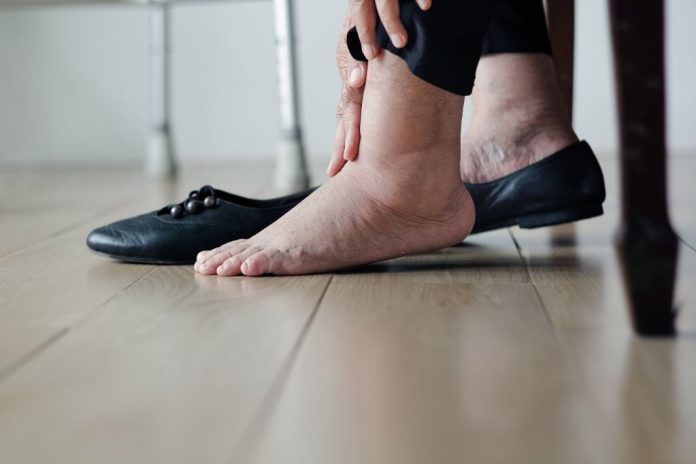Protein is very important for human body functions, body weight loss, muscle building and others need this component.
Protein can be obtained from food and according to medical experts, at least 10% of the calories of the daily diet should be based on protein.
Protein can be obtained from chicken meat, eggs, pulses, fish, nuts, milk, yogurt and many other foods.
But if the body is faced with a lack of protein, how can it be known?
In fact, several medical problems are thought to be the result of protein deficiency in the body.
1. Swelling of hands and feet
A common symptom of protein deficiency is swelling of the legs, feet, and hands.
This is because protein plays an important role in preventing the accumulation of fluid in various organs during blood circulation.
By the way, there can be several reasons for swelling, so only the doctor can give the final opinion in this regard.
2. Irritability
Our brain uses chemicals called neurotransmitters to send messages to cells.
Most neurotransmitters are made from amino acids that are based on proteins.
So, due to lack of protein in the diet, the body is not able to produce adequate amounts of neurotransmitters, which alters brain functions.
These neurotransmitters also include mood-enhancing chemicals such as dopamine and serotonin, a deficiency of which can lead to conditions such as depression or irritability.
3. Hair, nail and skin problems
Different proteins such as collagen and keratin play an important role in the formation of hair, nails and skin, so when the body is deficient in protein, the hair becomes thin, dry and weak and the risk of baldness increases.
Similarly, nails also become weak while skin health is also affected.
4. Weakness and fatigue
Research reports have shown that a lack of protein in the diet weakens muscles, especially the muscles that aid in locomotion.
If protein deficiency is not controlled, muscle mass will decrease over time, which slows metabolism and leads to anemia.
Anemia increases the risk of problems such as fatigue and weakness.
5. Hunger is high
Protein is considered the body’s fuel and according to research reports, its deficiency leads to increased hunger.
Experts said that eating protein-rich foods keeps you feeling full for longer, which helps in controlling body weight.
6. Wounds heal slowly
Wounds heal slowly in people with protein deficiency.
One of the reasons for this is that when there is a lack of protein, the body cannot produce enough collagen, which is important for the skin.
Similarly, the body needs protein for blood clotting.
7. Being sick often
Amino acids present in the blood help the immune system to make antibodies that help the body fight against germs.
But due to the lack of protein, the immune system is weakened and the risk of getting sick often increases.
Note: Please consult your physician before acting upon any information presented here, as this material relies on data presented in peer-reviewed medical journals.


